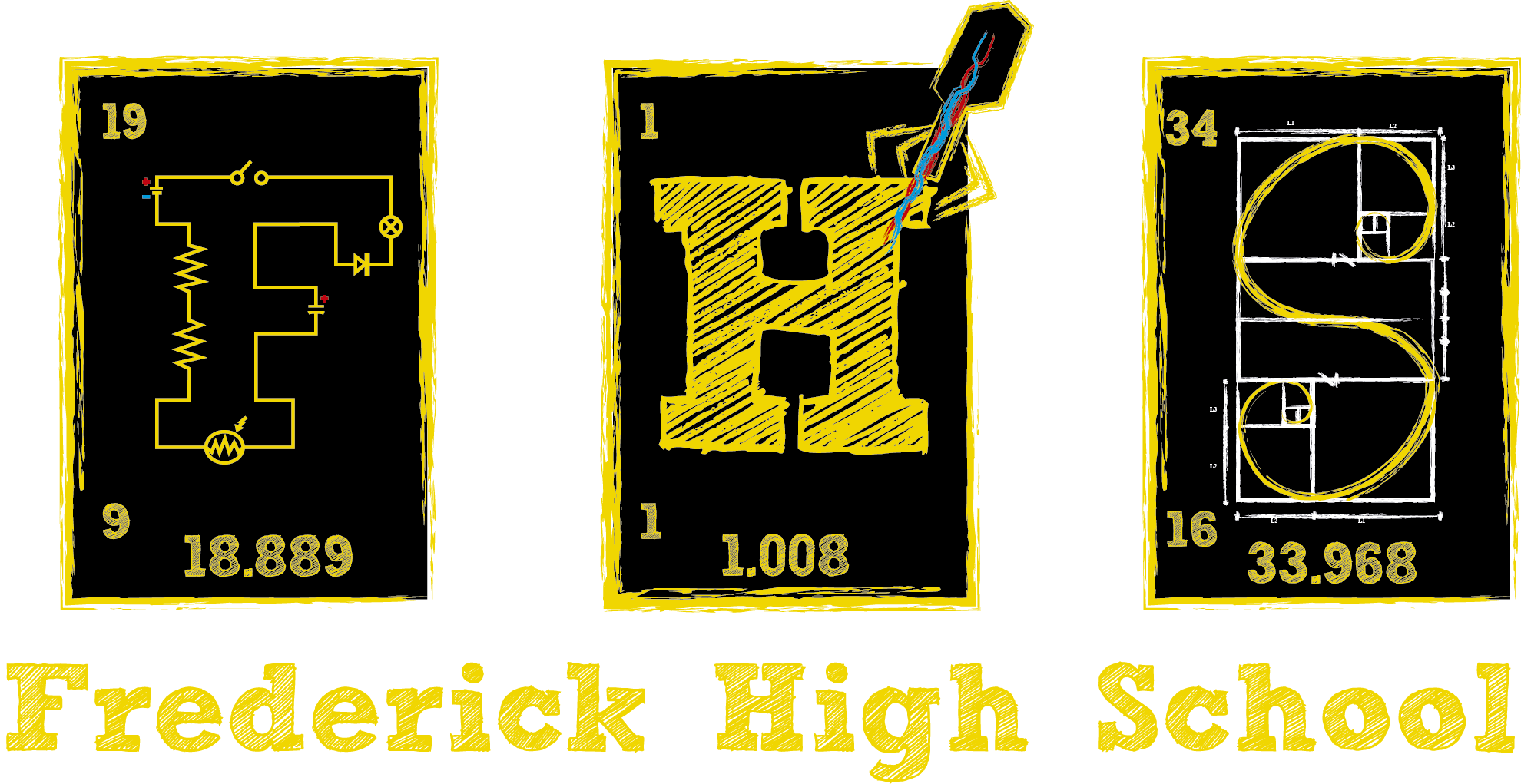Team:FHS Frederick MD
From 2014hs.igem.org
(Difference between revisions)
(Removed extraneous text and retitled) |
(→Developing microbial fuel cells: Added links to other parts of the wiki) |
||
| Line 35: | Line 35: | ||
=Developing microbial fuel cells= | =Developing microbial fuel cells= | ||
[[File:Tshirts.jpg|right|500px]] | [[File:Tshirts.jpg|right|500px]] | ||
| - | We are interested in creating a microbial fuel cell that utilizes anaerobic bacteria to produce | + | We are interested in creating a [[Team:FHS_Frederick_MD/Microbial_Fuel_Cells|microbial fuel cell]] that utilizes the facultative anaerobic bacteria, ''Shewanella oneidensis'', to produce [[Team:FHS_Frederick_MD/Renewable_Energy|renewable energy]] and [[Team:FHS_Frederick_MD/Clean_Water|clean water]]. |
| + | |||
| + | In order to optimize the growth conditions in the anaerobic chamber of the fuel cell, a fluorescent protein marker will be added so to visualize bacterial growth under different conditions. | ||
| + | |||
| + | We plan to accomplish this using the [[Team:FHS_Frederick_MD/NirB_Promoter|NirB oxygen-sensitive promoter]] to induce expression of the glowing gene only when oxygen is scarce. Furthermore, we must engineer a fluorescent [[Team:FHS_Frederick_MD/LOV_Domain|LOV domain]], which is optimized for expression in ''S. oneidensis'' and capable of fluorescence under anaerobic conditions. | ||
| + | |||
| + | This genetic construct will help us ensure that the bacteria are actually growing under anaerobic conditions. This would lead to the creation of a BioBrick that can be deposited back into the “toolbox” parts repository for future iGEM teams. | ||
Revision as of 12:58, 20 June 2014
Developing microbial fuel cells
We are interested in creating a microbial fuel cell that utilizes the facultative anaerobic bacteria, Shewanella oneidensis, to produce renewable energy and clean water.
In order to optimize the growth conditions in the anaerobic chamber of the fuel cell, a fluorescent protein marker will be added so to visualize bacterial growth under different conditions.
We plan to accomplish this using the NirB oxygen-sensitive promoter to induce expression of the glowing gene only when oxygen is scarce. Furthermore, we must engineer a fluorescent LOV domain, which is optimized for expression in S. oneidensis and capable of fluorescence under anaerobic conditions.
This genetic construct will help us ensure that the bacteria are actually growing under anaerobic conditions. This would lead to the creation of a BioBrick that can be deposited back into the “toolbox” parts repository for future iGEM teams. "
"

